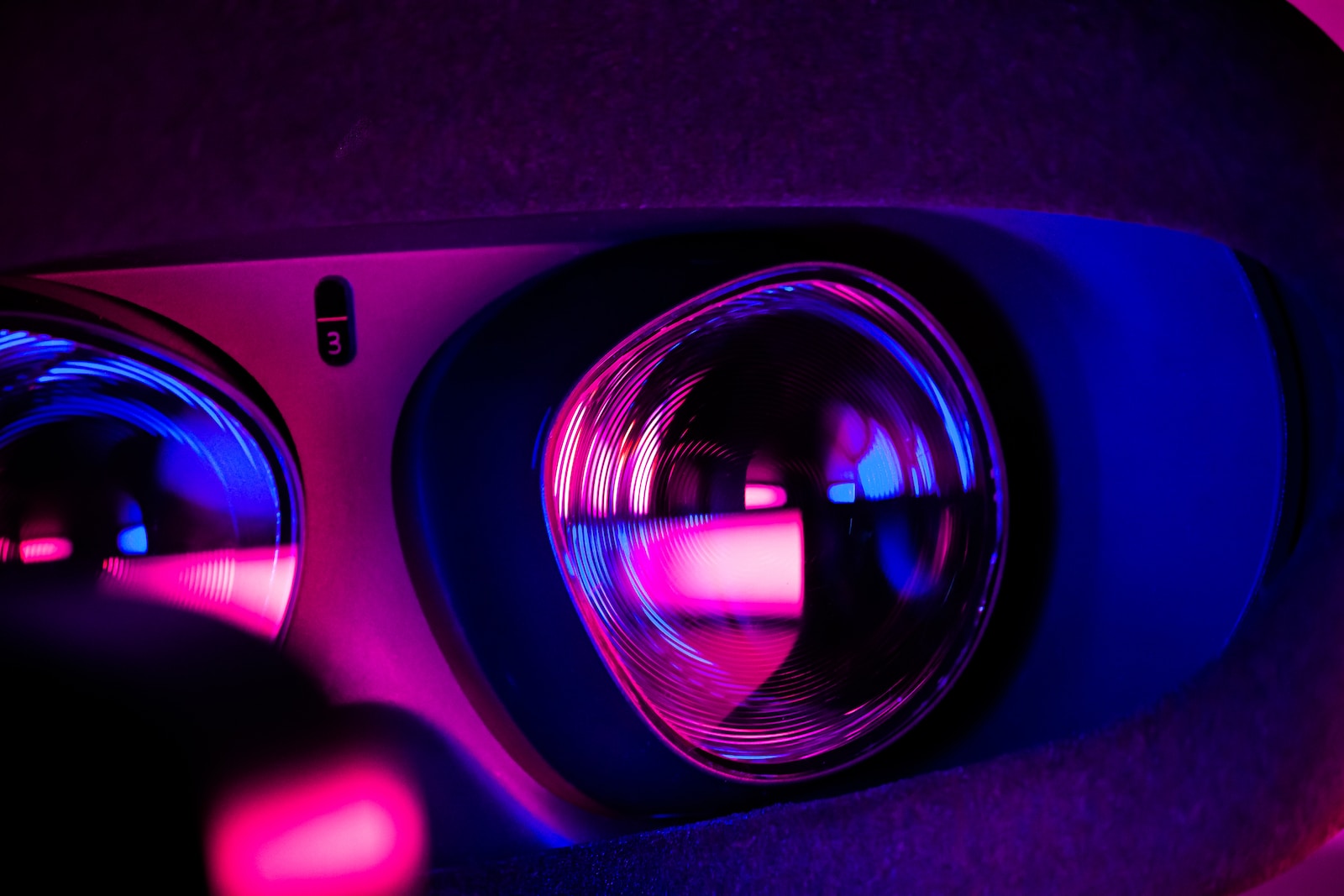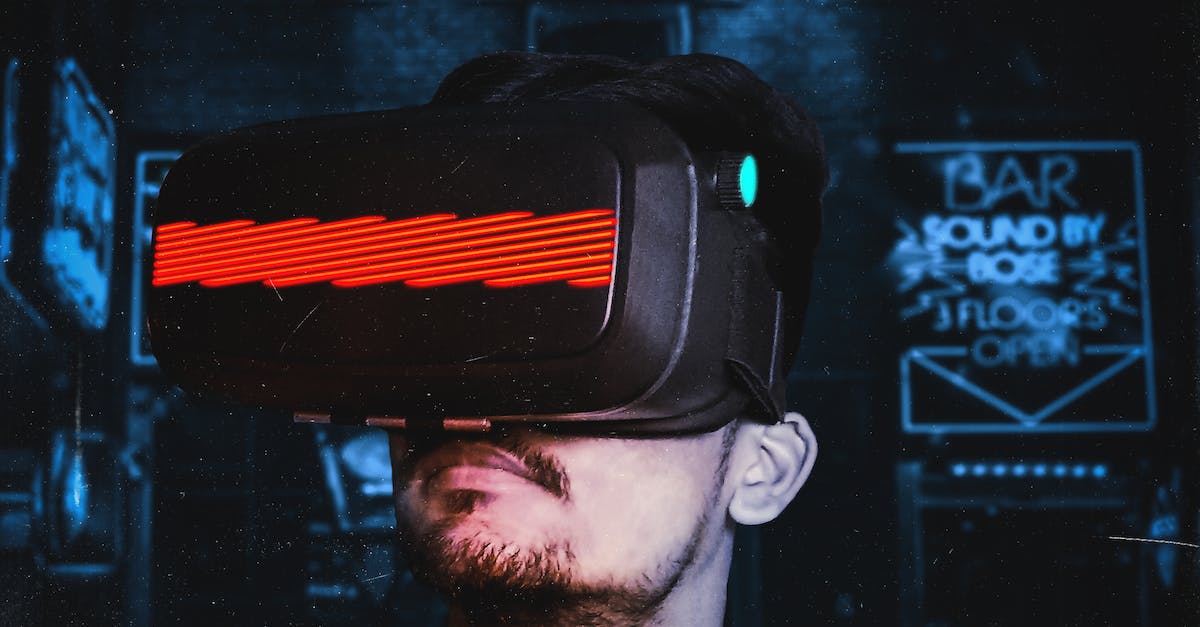The concept of human-machine symbiosis has been around for decades, but only recently has it come to the forefront of conversations in the tech industry. This concept involves the use of artificial intelligence (AI) to augment the abilities of humans, allowing us to not only make better decisions but also to do more with our time. In this article, we will explore the benefits of augmented intelligence, its impact on human society, how it could change the workplace, and the ethical implications of AI.
What is Human-Machine Symbiosis?
Human-machine symbiosis is a concept that suggests that AI and humans could work together to create a more efficient and productive environment. This involves the use of AI to enhance human abilities and to automate tasks that are too complex or too tedious for humans to complete. In essence, human-machine symbiosis involves the use of AI to augment the capabilities of humans, allowing us to achieve more with less effort.
Examining the Benefits of Augmented Intelligence
The potential benefits of human-machine symbiosis are numerous. For one, AI can help to reduce the amount of time and effort required to complete tasks. This can free up more of our time for other pursuits, such as leisure or creative activities. AI can also help to improve decision-making by providing us with more data and insights than we would be able to obtain on our own. This can lead to more informed decisions and better outcomes.
The Impact of AI on Human Society
The impact of AI on human society is likely to be profound. AI could help to automate many of the mundane tasks that humans have to do, freeing up our time for more creative pursuits. AI could also help to reduce the need for manual labor, allowing people to focus on higher-level tasks. This could lead to a more efficient and productive society.
How AI Will Change the Workplace
The introduction of AI into the workplace could lead to a number of changes. AI could be used to automate many of the tasks that humans currently do, freeing up our time for more creative pursuits. AI could also be used to improve decision-making, allowing us to make better decisions with less effort. Finally, AI could be used to improve customer service, allowing us to provide better service with less effort.
Preparing for the Future of AI
In order to prepare for the future of AI, it is important to understand its potential implications. Companies should begin to think about how AI could be used to improve their operations and to ensure that their employees are equipped to handle the changes that AI will bring. It is also important to understand the ethical implications of AI and to ensure that it is used responsibly.
Exploring the Ethical Implications of AI
The ethical implications of AI are complex and far-reaching. It is important to consider the potential consequences of AI and to ensure that it is used responsibly. This includes considering the potential for AI to be used for unethical purposes, as well as the potential for AI to cause job losses or to lead to inequality. It is also important to consider the potential for AI to be used to manipulate or deceive people, and to ensure that safeguards are in place to prevent this from happening.
Human-machine symbiosis is an exciting concept that could lead to a more efficient and productive future. By examining the benefits of augmented intelligence, its impact on human society, how it could change the workplace, and the ethical implications of AI, we can begin to prepare for the future of AI and ensure that it is used responsibly.






